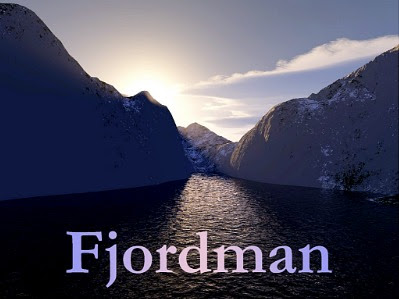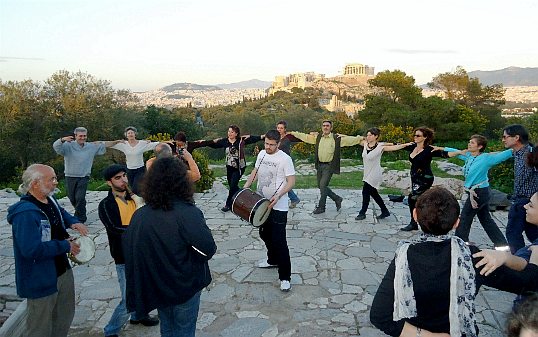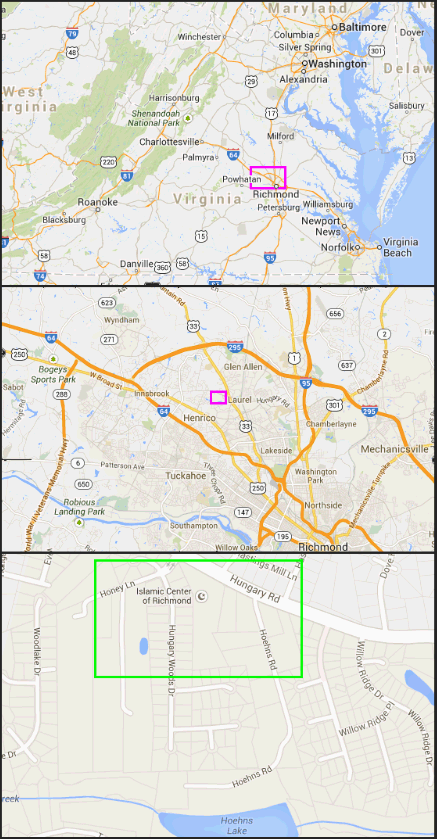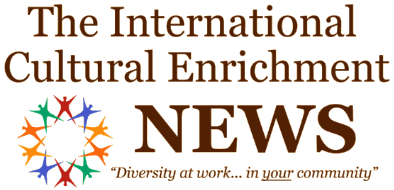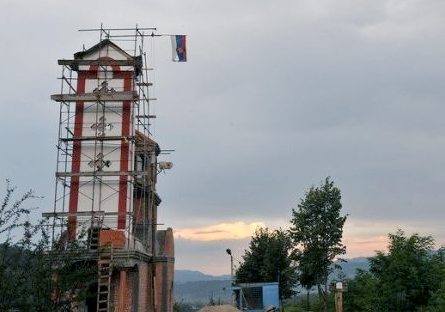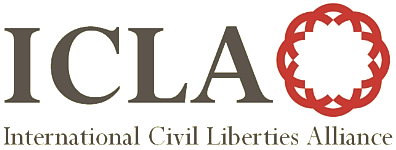Prefatory Notes: If you read this post at all, please do so carefully. It is as painstaking a construction as it was possible for me to make in an internet essay given my limited energy and attention. You needn’t follow all the links, but they were valuable resources in my quest for comprehending and attempting to come to terms with the travesty inflicted on one particular man — an otherwise anonymous man whose situation was cynically used to further a pernicious end.
And what goal might that be?
Well, think back: do you remember the political philosophy so openly touted in 2009, when Barack Obama began his first reign? It was a page from Saul Alinsky’s communist manifesto for Americans, and it posited the notion that no crisis should be allowed to go to waste. Back then, before all the fraud and cynicism and abuse became so blatant and so rampant and so in-your-face, it seemed to most of us to be nothing more than a saying, merely a witticism the brash Rahm Emmanuel was wont to use.
Experience has been a stern teacher. They really meant what they said, and even when Obama or his advisors or his minions overstepped the bounds, we learned not to expect apologies. Not ever. Thus did an obscure and tragic situation in a small town in Florida become a convenient catalyst that could serve two ends: the first was to deflect our attention away from the alarming pace of scandals erupting in Washington. The second end was yet another opportunity to divide and conquer Americans, this time through the escalations of racial tensions. Obama is particularly fond of this one, of creating and inflaming a sense of scarcity, of people getting “more than their share”. It’s become pernicious.
My motive in struggling to pare the story down (and, yes, despite its length, I did indeed pare) is simple: I want all of us who value what is left of our liberty to strive with me to understand our risks at this point. Think of this as a kind of cautionary tale for all of us, and in particular I hope our American readers will take it in the spirit in which I wrote it.
For our European readers, what can I say? If Americans find this experience fraught with ambiguities, what must it be for you, beyond perhaps a shrug before you walk away from the thicket? I can’t say I blame you for not wanting to wade into this briar patch, but should you decide to do so, I ask that you put on your American boots — i.e., that you walk in our shoes rather than become impatient because we don’t walk/talk like our European cousins. Sometimes I get the sense that y’all think if we’d just listen to you more carefully, we’d avoid a whole passel of problems.
Of course Americans do the same thing in return. We all tend to do that, to place our own template onto the Other’s life experiences. So it was that one reader, a European with a good heart and personal courage, said he found George Zimmerman “weird”. If that is the case with him, what must it be for others?
Zimmerman isn’t “weird”, not that I can see. He’s a prototypical “Heinz 57 variety”-American with a self-described Afro-Peruvian mother, a retired military father whose name places him within a German immigrant-some-time back context. The Zimmermans have three other children, and all four kids attended Catholic schools when they lived in Virginia. If anything, they stand out for being a still-intact family.
But wait. A very special category was invented just for George Zimmerman, courtesy of the American MSM with help from the black underclass. Thus, despite his African and Latino heritage (and looks), he lives in a special cage made for “white Hispanics”. This is a term that permits the talking heads, or at least the ones who like to be cool with ghetto language, to dismiss him as a “creepy ass cracker”.
The most important section of my essay comes last. For reasons of continuity, it needed to be at the end, as you will see. But since it is original investigative reporting about the players, it is and will remain a primary source, both now and in the future.

Have our estimable readers followed the George Zimmerman trial at all? Here at Schloss Bodissey we’d been averting our gaze, so sure were we that it would be an American version of that three-ring Breivik circus in Norway.
I am ashamed now of our scant faith in the justice system, but in our defense I will point out that the scandal-ridden news reports of the last year have worn everyone down. Horrible injustices go by barely remarked upon, much less addressed. Just one small dispiriting example, one which in normal times would’ve created a groundswell of outrage: the president, in a fit of pique because the budget sequester that he himself arranged ahead of time but was sure wouldn’t be voted on by the spineless Congress, spitefully revenged himself on those legislators by slamming the doors of the White House shut to all Americans. No more public tours of The People’s House at all — though of course President Obama continues to host private parties there for his big donors. Meanwhile the many Spring and Summer trips planned and paid for by school children have had to be cancelled.
Obama’s glaring lack of civility toward the citizens he is supposed to lead — and especially the spite vented on school children — is bad enough. That it has gone largely unremarked upon by the media is appalling in the extreme. The gob-smacking cruelties our press lets slide with this man are stunning in their breadth and depth.
I can remember precisely when the sense of doom about this case descended: at the point where Obama inserted himself into the umm… “narrative” the MSM was busy fabricating, as will be seen below. It was at that juncture I felt sure the verdict would be a slam dunk “Guilty” before the trial even got underway. For my own rush to judgment, I owe an apology to that jury of six women in Florida.

 A massive influx of dollars and euros into Syria via rebel groups financed by the United States and the EU has caused severe inflation of the local currency. The Syrian pound has lost 85% of its value since the uprising began.
A massive influx of dollars and euros into Syria via rebel groups financed by the United States and the EU has caused severe inflation of the local currency. The Syrian pound has lost 85% of its value since the uprising began.